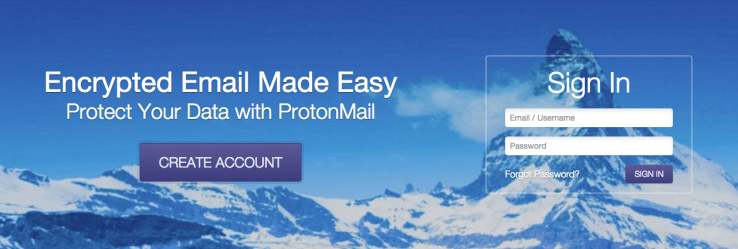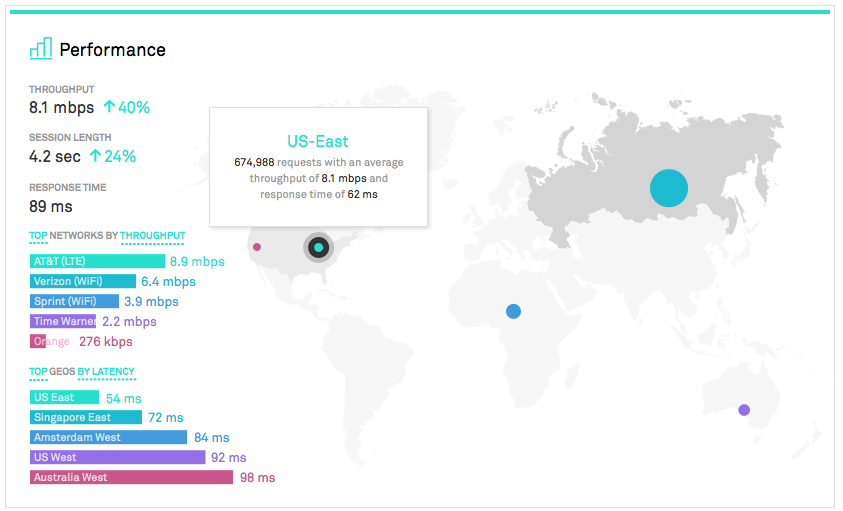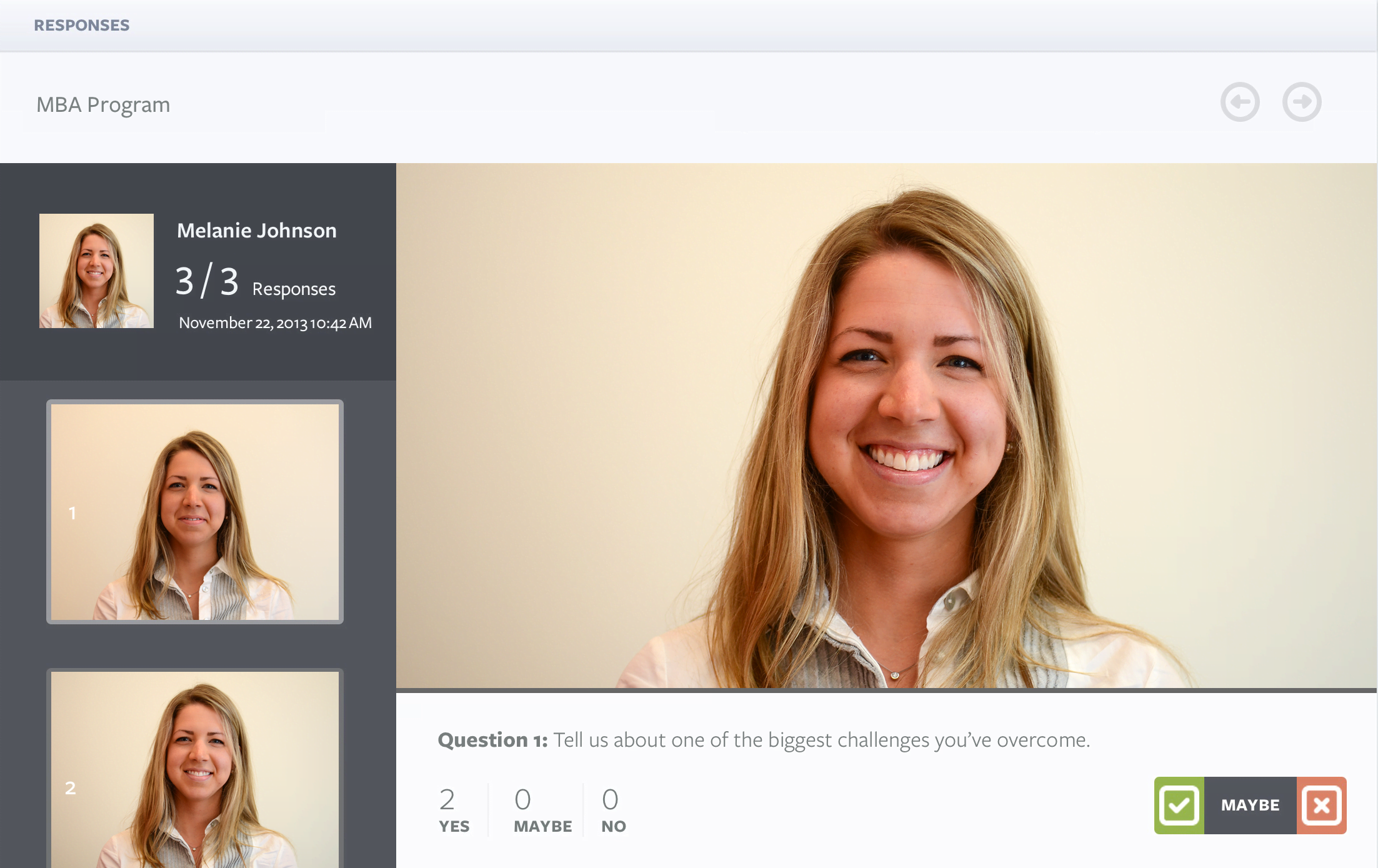 A Q&A with ProtonMail co-founder Andy Yen. The Geneva, Switzerland-based secure email startup announced in late March the closing of a $2 million VC funding round. Investors include Charles River Ventures and the Fongit incubator. The company was founded in 2013 by Yen, Jason Stockman, and Wei Sun, and previously raised $550,000 through a crowdfunding campaign.
A Q&A with ProtonMail co-founder Andy Yen. The Geneva, Switzerland-based secure email startup announced in late March the closing of a $2 million VC funding round. Investors include Charles River Ventures and the Fongit incubator. The company was founded in 2013 by Yen, Jason Stockman, and Wei Sun, and previously raised $550,000 through a crowdfunding campaign.
SUB: Please describe ProtonMail and your primary innovation.
Yen: ProtonMail is a next-generation email service which utilizes true end-to-end encryption to protect user data. Our primary innovation is that we have taken the public/private key cryptography pioneered by PGP and made it easy enough for mainstream users to use.
SUB: Who are your target markets and users?
Yen: Since our launch, ProtonMail has appealed to a wide variety of users. Our goal is to provide a private and secure email service for everyday folks. However, we are also seeing quite a lot of adoption from very tech savvy people from within the security community who are impressed with our ease-of-use.
SUB: Who do you consider to be your competition, and what differentiates ProtonMail from the competition?
Yen: ProtonMail’s main competition is probably Gmail. When we first began development, our goal was to build a more secure alternative to Lavabit, but in the past year, ProtonMail has really begun to see adoption from mainstream users. Our main differentiator is the open source end-to-end cryptography that we employ and that fact that we’re based in Switzerland under the protection of extraordinarily strong privacy laws.
SUB: You just announced that you’ve raised $2 million in VC funding. Why was this a particularly good time to raise more funding?
Yen: It is a good time for us because we are on the verge of a couple major launches—we will be leaving beta and introducing our mobile apps soon—so getting the funding now will allow us to grow and scale faster when we open up ProtonMail to the whole world.
SUB: How do you plan to use the funds, and do you have plans to seek additional outside funding in the near future?
Yen: After our formal launch, we will be seeking additional funding. The funds that we raised will be used to continue development of our email platform for consumer users, but we also would like to raise additional funding to go into the enterprise space and expand beyond email.
SUB: What was the inspiration behind the idea for ProtonMail? Was there an ‘aha’ moment, or was the idea more gradual in developing?
Yen: The inspiration came in summer, 2013, after the Edward Snowden leaks and we were looking at the email privacy problem and wondering why nobody had bothered yet to make an open source and usable solution. The more we began to study the problem, the more it became clear that the technology to build easy-to-use end-to-end encryption exists, so we decided to give it a shot.
SUB: What were the first steps you took in establishing the company?
Yen: The first step was building a team. Luckily, being based at CERN meant there was a lot of top-notch technical talent that was readily accessible, and we were able to assemble a stellar team in a short amount of time.
SUB: How did you come up with the name? What is the story or meaning behind it?
Yen: The founding team mostly came from CERN where we worked on the Large Hadron Collider experiments, which is the world’s most powerful proton-proton collider. This is how we ended up with the rather uncreative name ‘ProtonMail.’
SUB: What have the most significant challenges been so far to building the company?
Yen: There’s a lot more to a company than technical excellence, so one of the big challenges is learning all of the non-technical aspects of running a company.
SUB: How do you generate revenue or plan to generate revenue?
Yen: ProtonMail will operate in the future on the freemium model.
SUB: What are your goals for ProtonMail over the next year or so?
Yen: We want to grow it to be a serious competitor to existing services like Gmail. We want to become the private and more secure alternative to services like Gmail.









